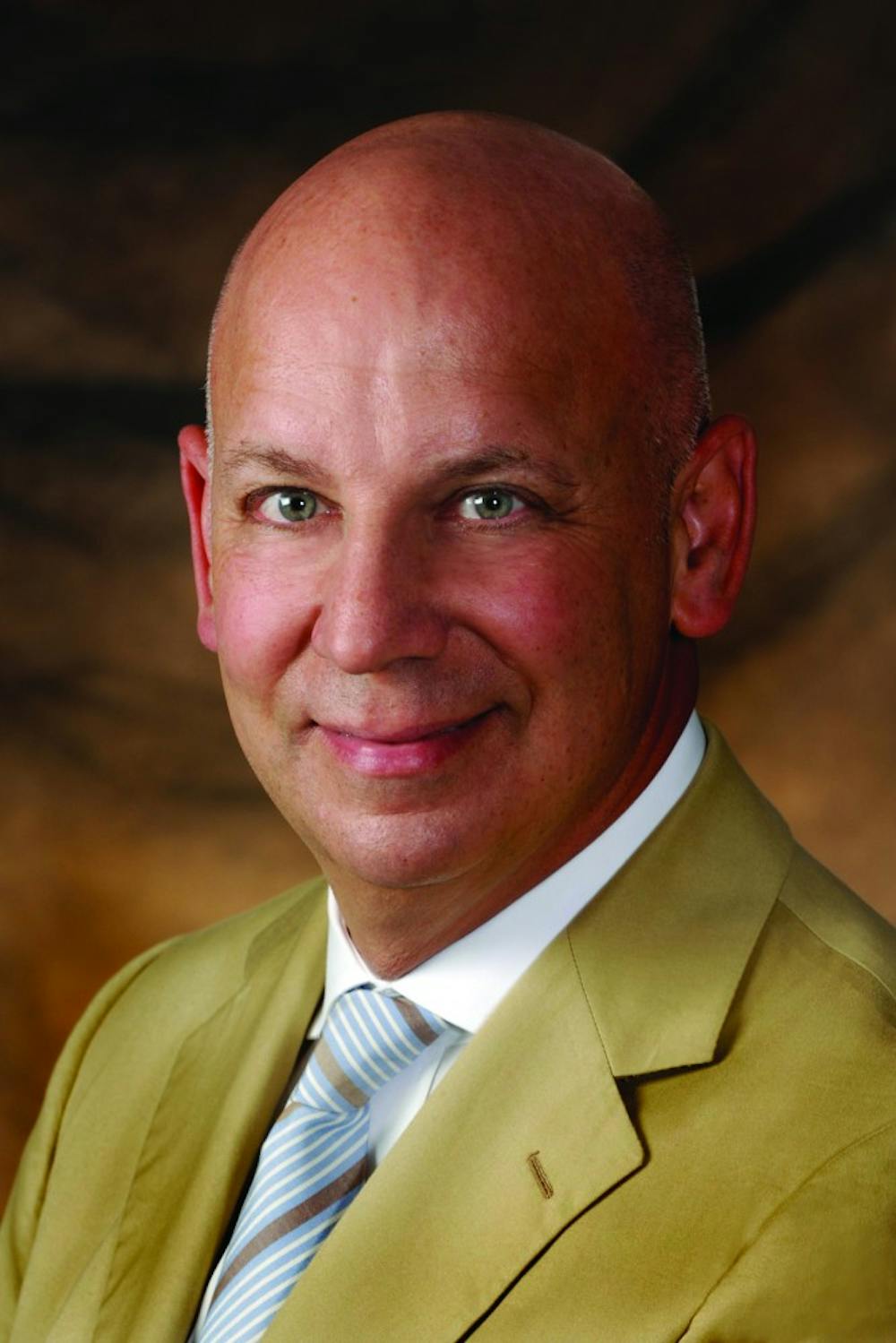This summer, surgeons at Penn Medicine and the Children’s Hospital of Philadelphia performed the world’s first ever double hand transplant on a child, giving eight-year-old Zion Harvey, who lost his hands as a toddler, a new chance at life.
When Zion was two years old, he survived a life-threatening bacterial infection, which left him without hands and feet and required a kidney transplant. A resilient child, Zion learned to use prosthetic hands and feet for day-to-day life without complaining, but he still secretly wished that one day he would have a pair of hands he could call his own.
“I hoped for somebody to ask me [if] I want a hand transplant, and it came true,” he told NBC News earlier this summer.
Because he had been taking immunosuppressants from a young age to prevent the rejection of the transplanted kidney, Zion was a perfect candidate for another transplant. After going through intense tests and screenings to check if he had the proper social support and could physically and emotionally manage the procedure, Zion received a match donor through the Gift of Life Donor Program and was cleared to make history.
The operation was led by Lawrence Scott Levin, chair of Penn Medicine’s Department of Orthopaedic Surgery and director of the Hand Transplantation Program at the Children’s Hospital of Philadelphia. Levin directed a 40-member team of physicians, nurses and other staff from plastic and reconstructive surgery, orthopaedic surgery, anesthesiology and radiology to perform the operation, which lasted 10 hours.
Unlike his prior prosthetics, Zion’s new hands will allow him to feel and will grow as he grows, Levin explained.
“These are hands that are like your hands or my hands. They’re part of him, they’re living extremities that become part of his world — part of his body — and that’s very different than a prosthesis,” Levin said.
Hand transplants — unlike solid organ transplants — involve multiple tissues: skin, muscle, tendon, bone, cartilage, fat, nerves and blood vessels. Because of this complexity, only a few hand transplants have been performed around the world to date.
During the surgery, the hands and forearms from the donor were attached by connecting each of these aforementioned tissues to Zion’s body. The surgical team was divided into four simultaneously operating teams — two focused on the donor limbs, and two focused on Zion.
Levin said that Penn Medicine had successfully performed a double hand transplant on an adult in 2011, and making the surgery a viable option for children seemed like a natural extension. However, performing on children presents a more difficult challenge because of the smaller structures and because of the need to make sure to not injure their growth plates, which allow the donor limbs to grow alongside the child.
The team extensively prepared for the surgery and rehearsed it multiple times using cadavers. They also used new technology to help prepare, such as 3-D modeling to picture what Zion’s hands would look like and CT scans to create cutting guides to match both the donor and Zion’s bones with plates and screws.
The surgery itself presents a breakthrough in a new area of transplantation called vascularized composite allotransplantation, which Levin believes is the future of reconstructive surgery. It makes transplants on the hands, face, and other body parts possible outside the confines of traditional organs. Penn Medicine hopes to further develop this field and work on face transplants and potentially uterus transplantation in the future.
Although Zion and his family are currently taking a hiatus from the media, Levin said that the boy is making excellent progress and that he is extremely proud of him.
“He’s doing fantastic,” Levin said. “He’s doing his therapy every day and using his hands to start to eat by himself and write and integrate with his world, and we’re very proud of him and our team ... . His function will continue to improve over many months.”
The Daily Pennsylvanian is an independent, student-run newspaper. Please consider making a donation to support the coverage that shapes the University. Your generosity ensures a future of strong journalism at Penn.
DonatePlease note All comments are eligible for publication in The Daily Pennsylvanian.






